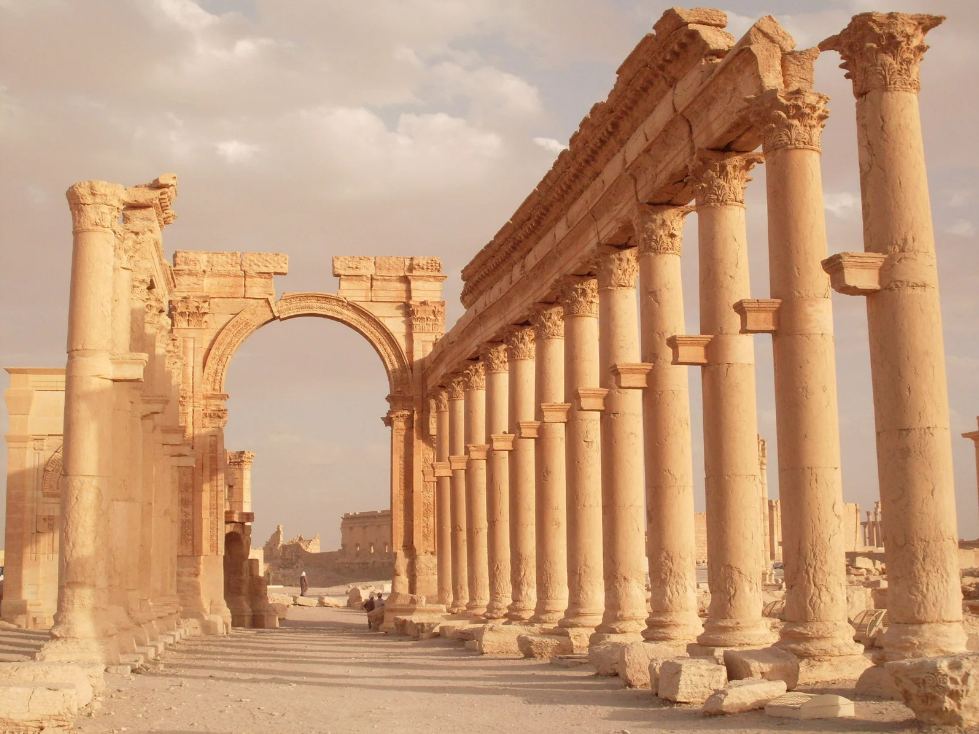The armed militants of Daesh, pillaging and plundering their way across the Middle East, proclaim themselves heroes of Islam. But heroes come in all shapes and sizes.
Photo by: Andre Lambo (Canva Pro – Pixabay)
It’s hard to say how long ago man first inhabited the ancient Semitic city of Palmyra, in the Syrian Desert north-east of Damascus, but archaeological finds date Neolithic settlement in the region back at least as far as the year 7500 BC. By the time Alexander the Great conquered the Middle East three hundred years before the birth of Christ, Palmyra was already a centuries-old centre of civilisation on the trade routes between Mesopotamia and the Mediterranean.
The renowned Syrian historian and archaeologist Khaled al-Asaad was born in Palmyra in 1934, and lived there most of his life. Educated at the University of Damascus, fluent in ancient Aramaic, the father of eleven children, al-Asaad served as the Head of Antiquities for the UNESCO World Heritage Site at Palmyra’s ancient city for over 40 years. His love of the beautiful city of his birth was so profound he devoted his life to the study of its history and architecture, lecturing and writing about it, excavating it, and caring for it.
It is perhaps therefore not surprising that, as Islamic State militants advanced on Palmyra earlier this year, the 82-year-old al-Asaad refused to abandon his beloved home town, opting instead to remain behind, working tirelessly to evacuate the city museum, in the hope of preserving as many ancient treasures as could be re-located for safe keeping. Even when it became inevitable the city would fall to ISIS, he resisted appeals from his family and friends to leave. “Whatever happens,” he told friends, “I cannot go against my conscience.” He was still working with the museum when ISIS forces marched into the city.
When al-Asaad refused to reveal the location of concealed antiquities to the jihadis, he was dragged into a city square, and publicly decapitated. His blood-soaked body was suspended from a traffic light, his severed head dumped on the ground below.
Then, just days after his execution, ISIS extremists packed explosives into one of the most perfectly preserved buildings in Palmyra, the 2000-year-old temple of the ancient Syrian god Baal Shamin, and blew it to pieces.
Whatever may become of the ancient city of Palmyra under ISIS occupation, its devoted son Khaled al-Asaad, a scholar of humanity and civilisation, will be remembered as a true hero of the Islamic world.













